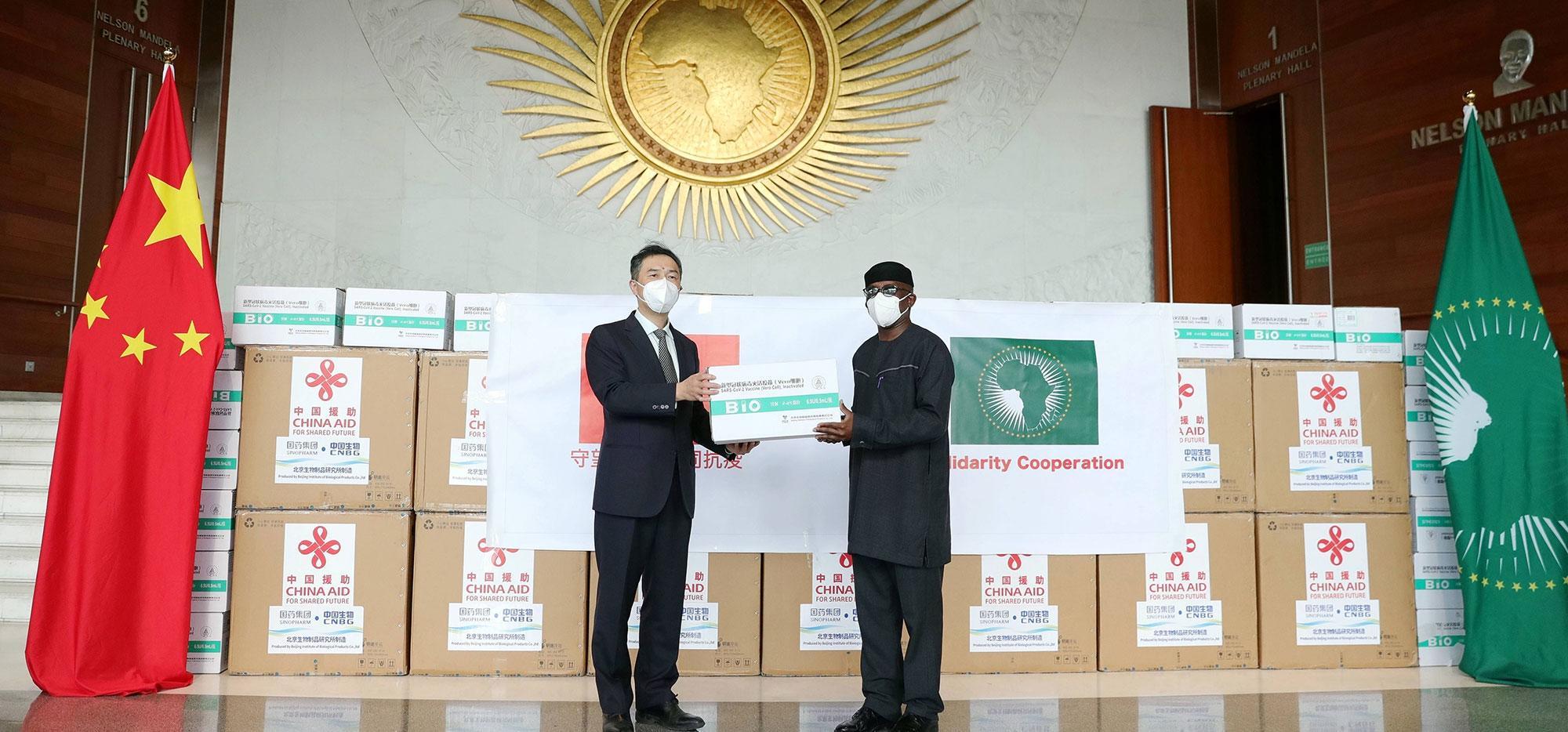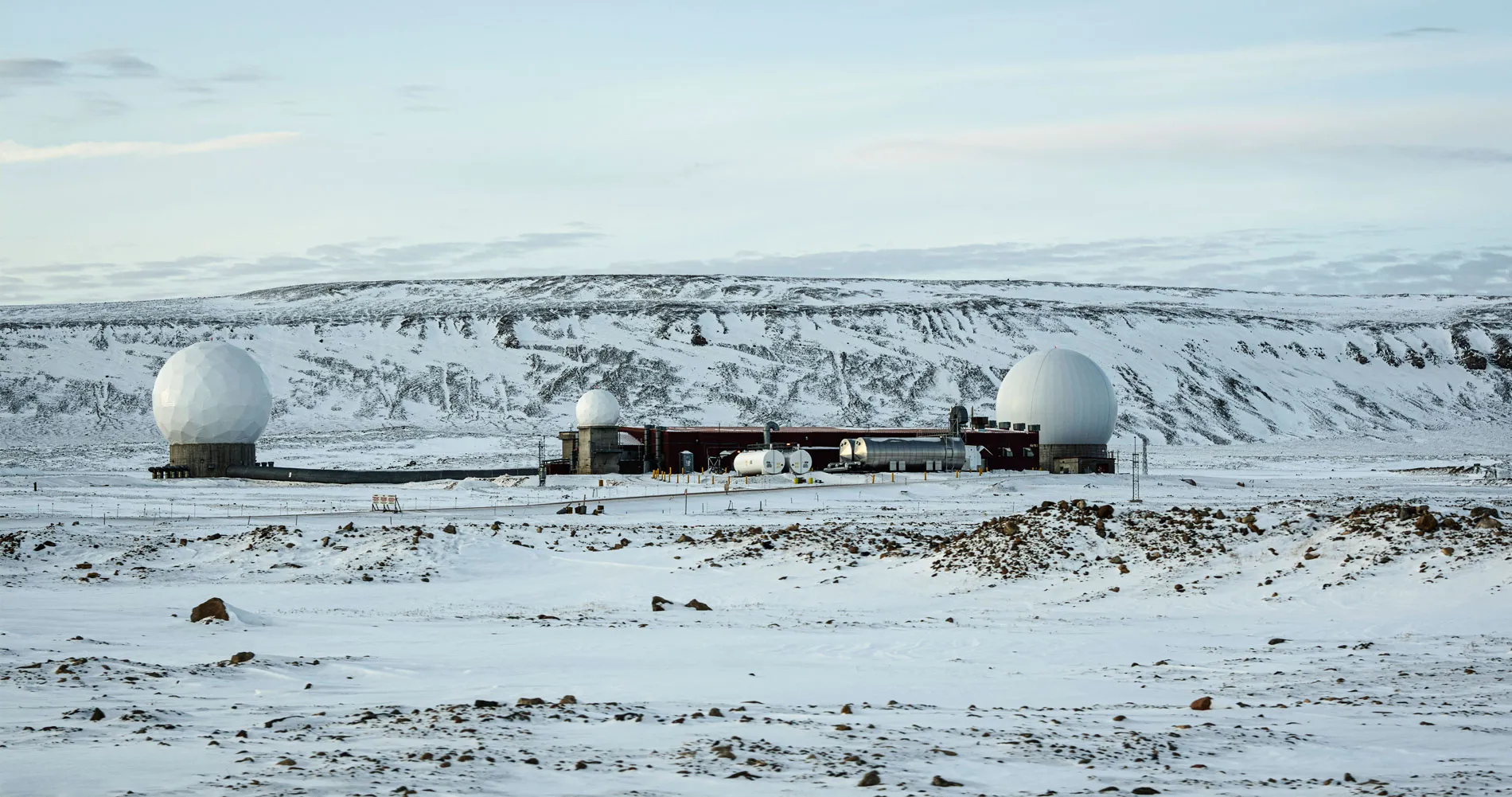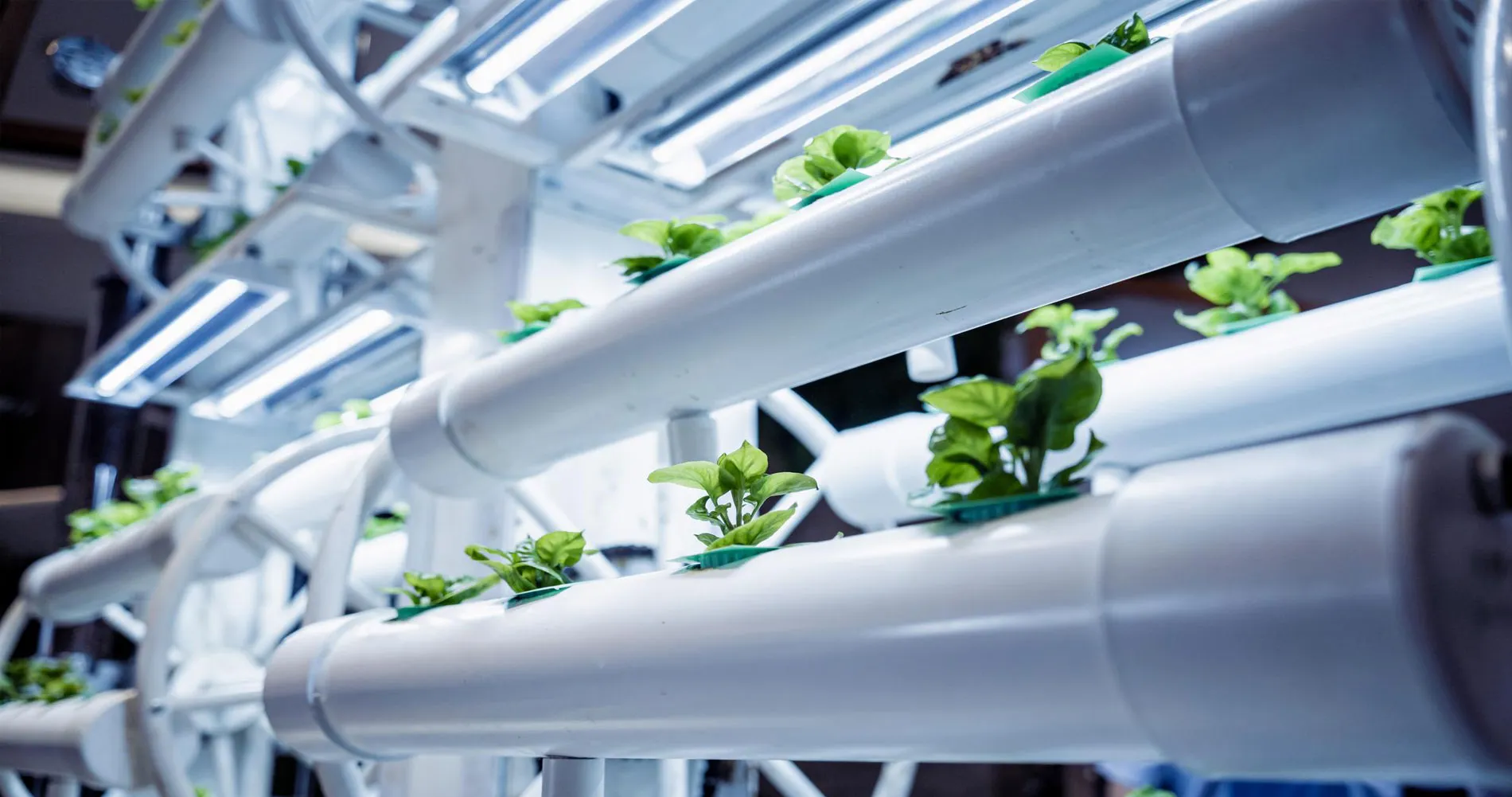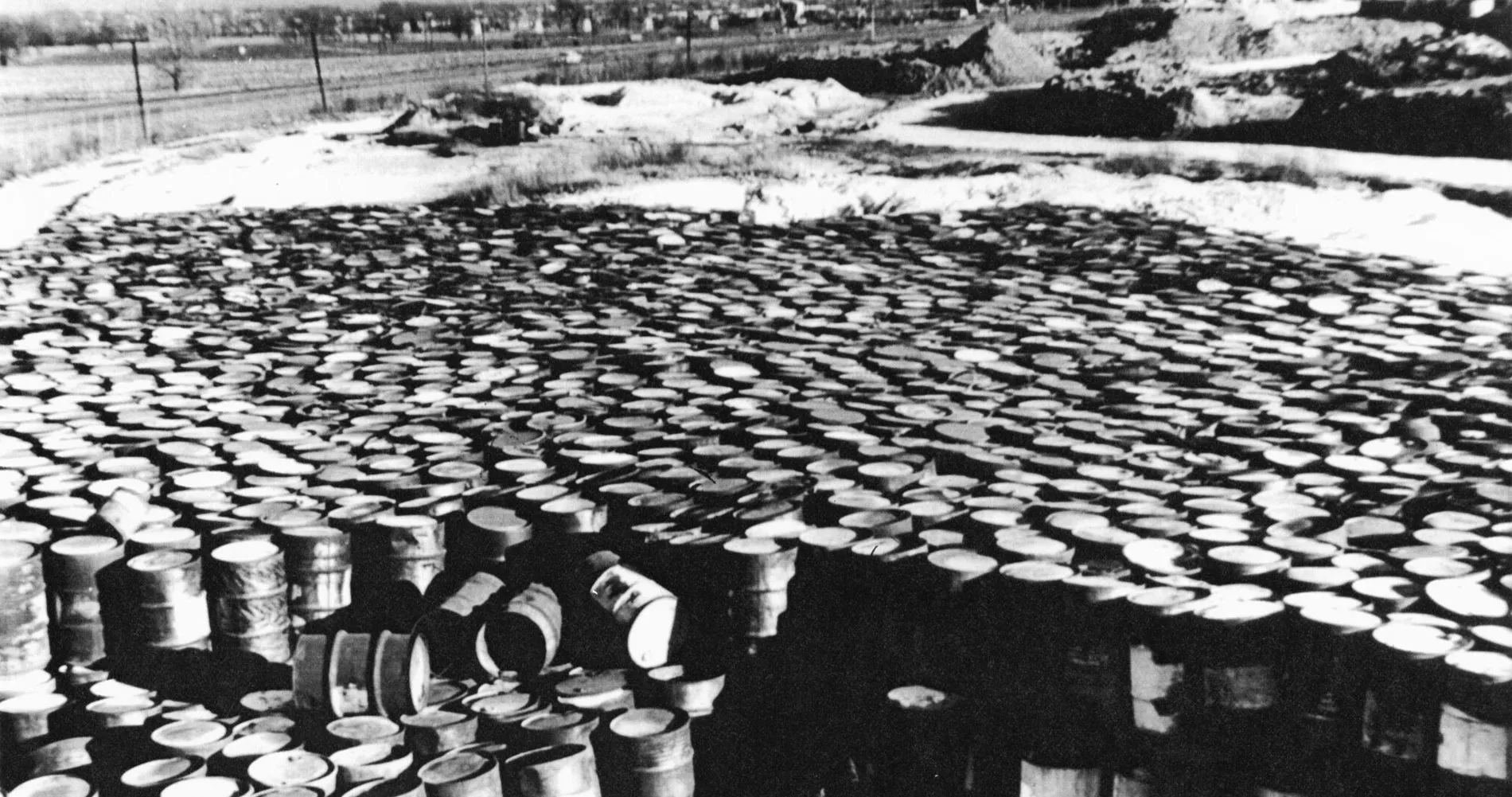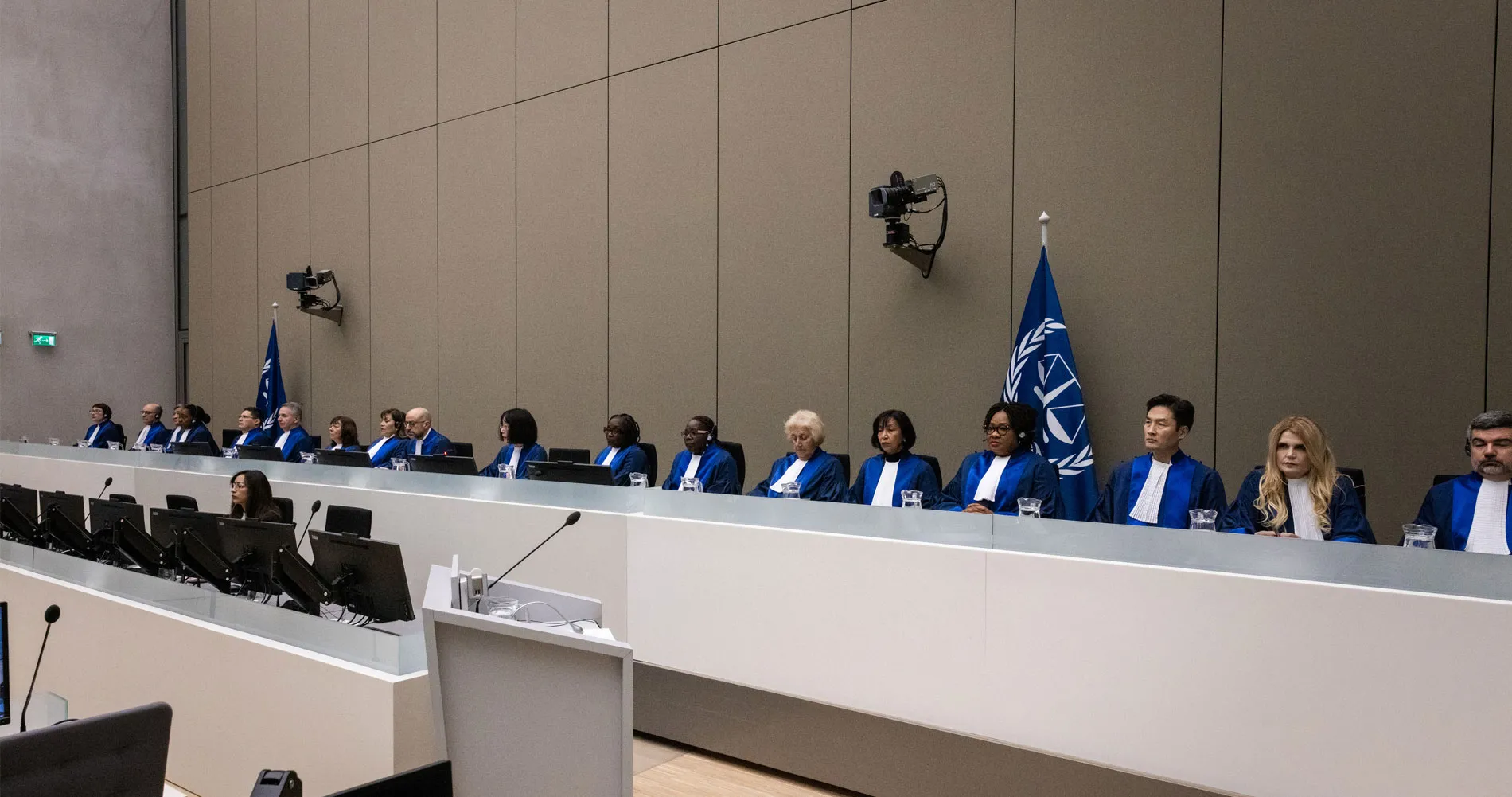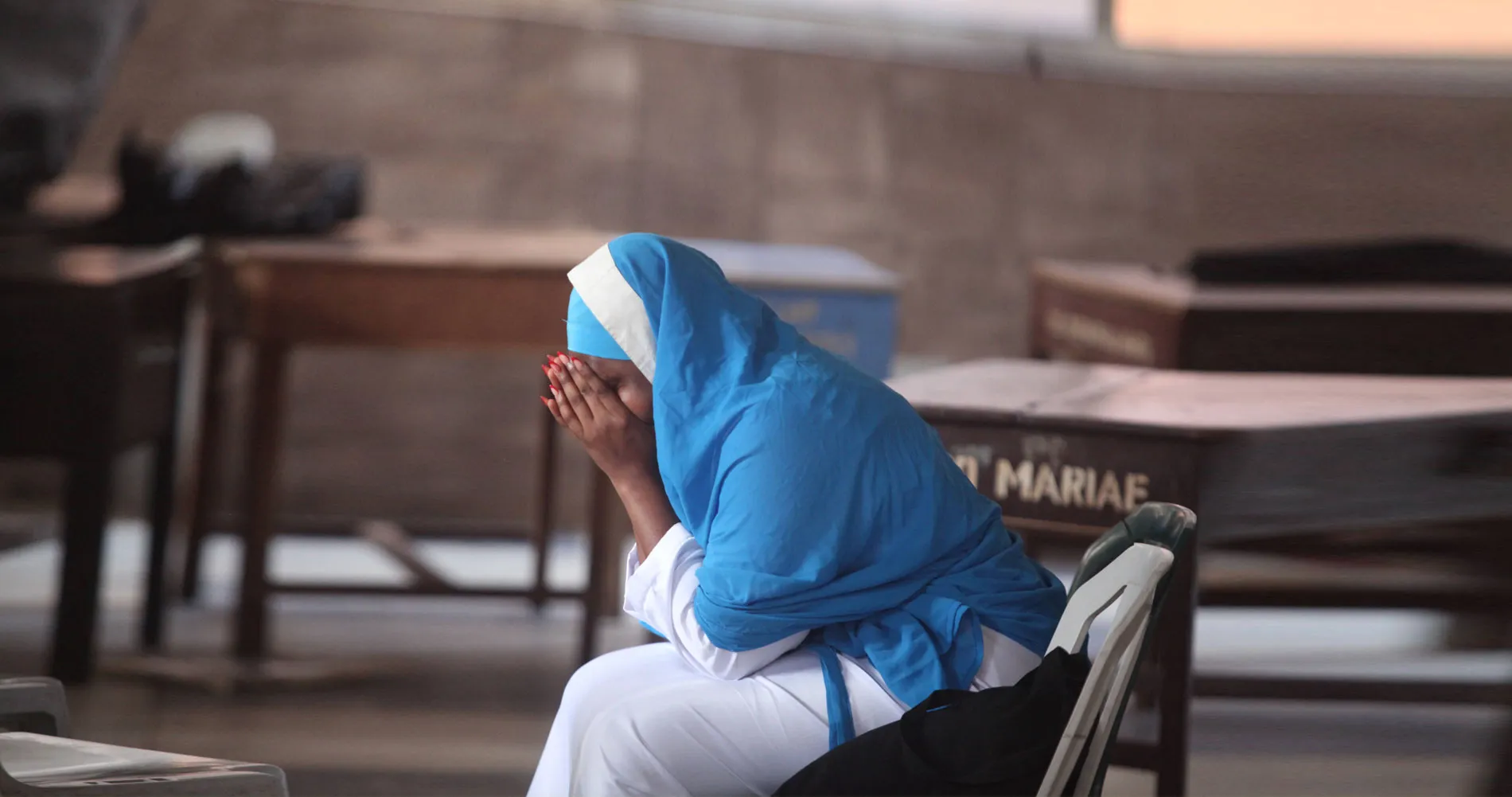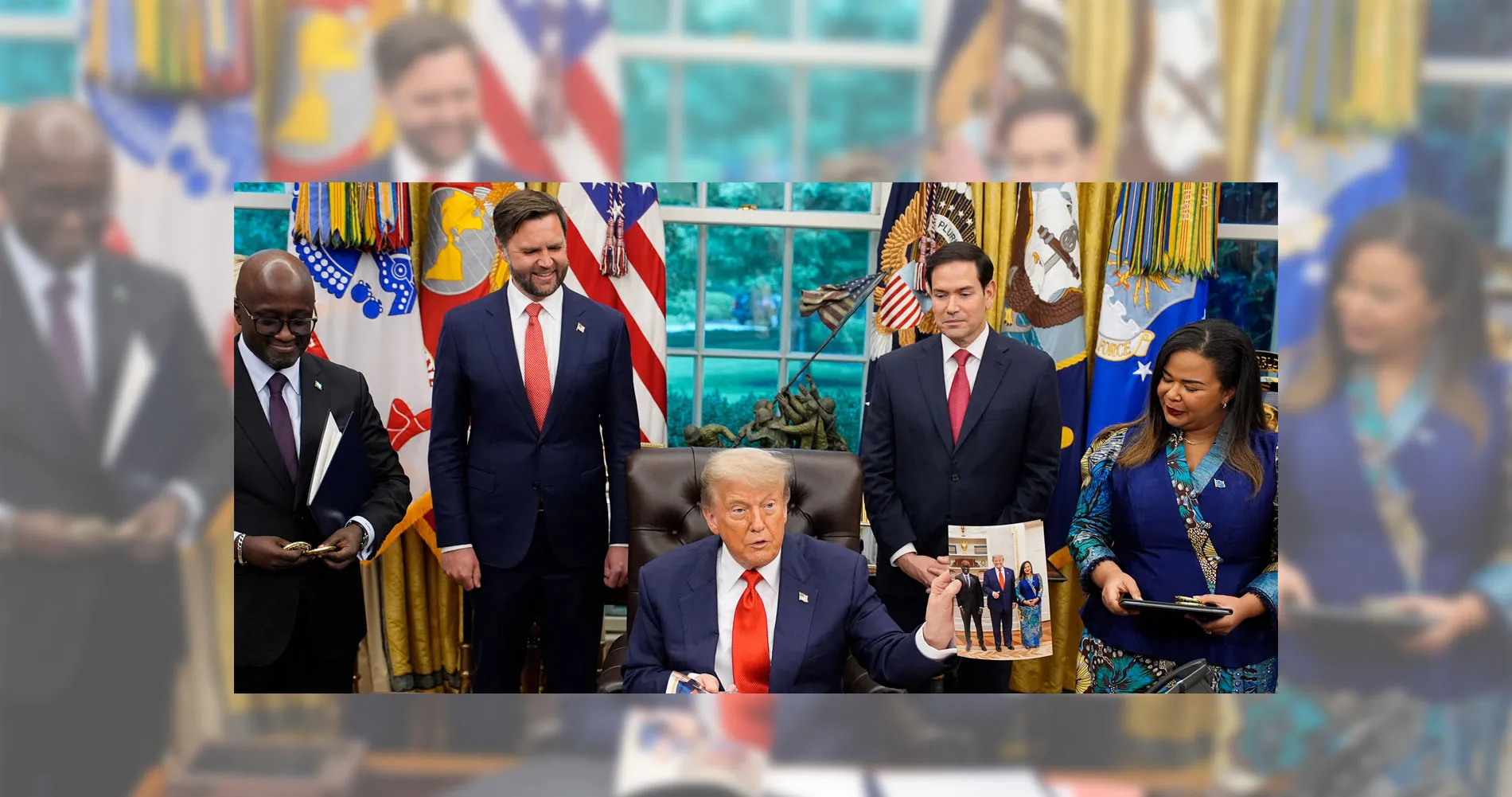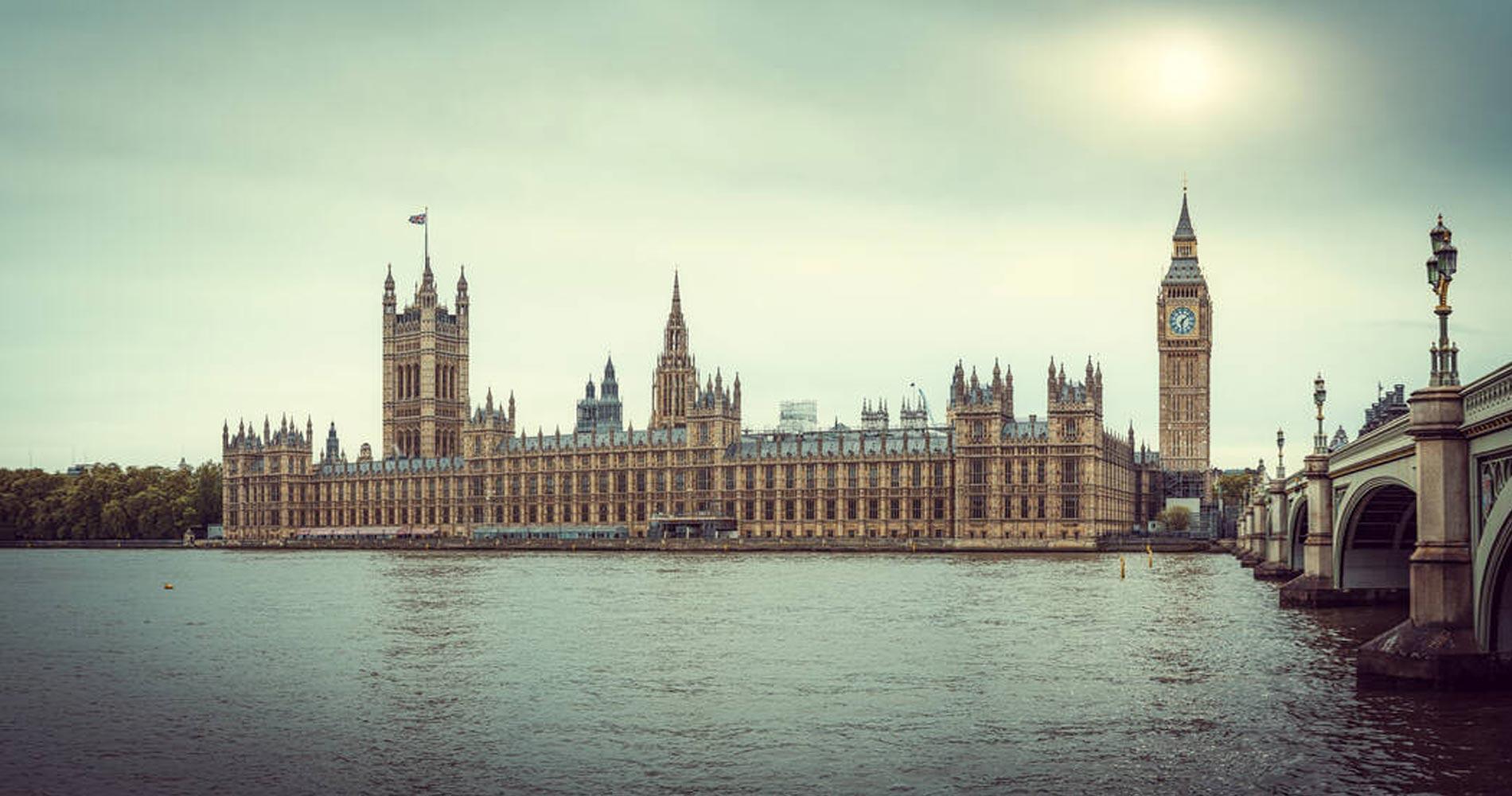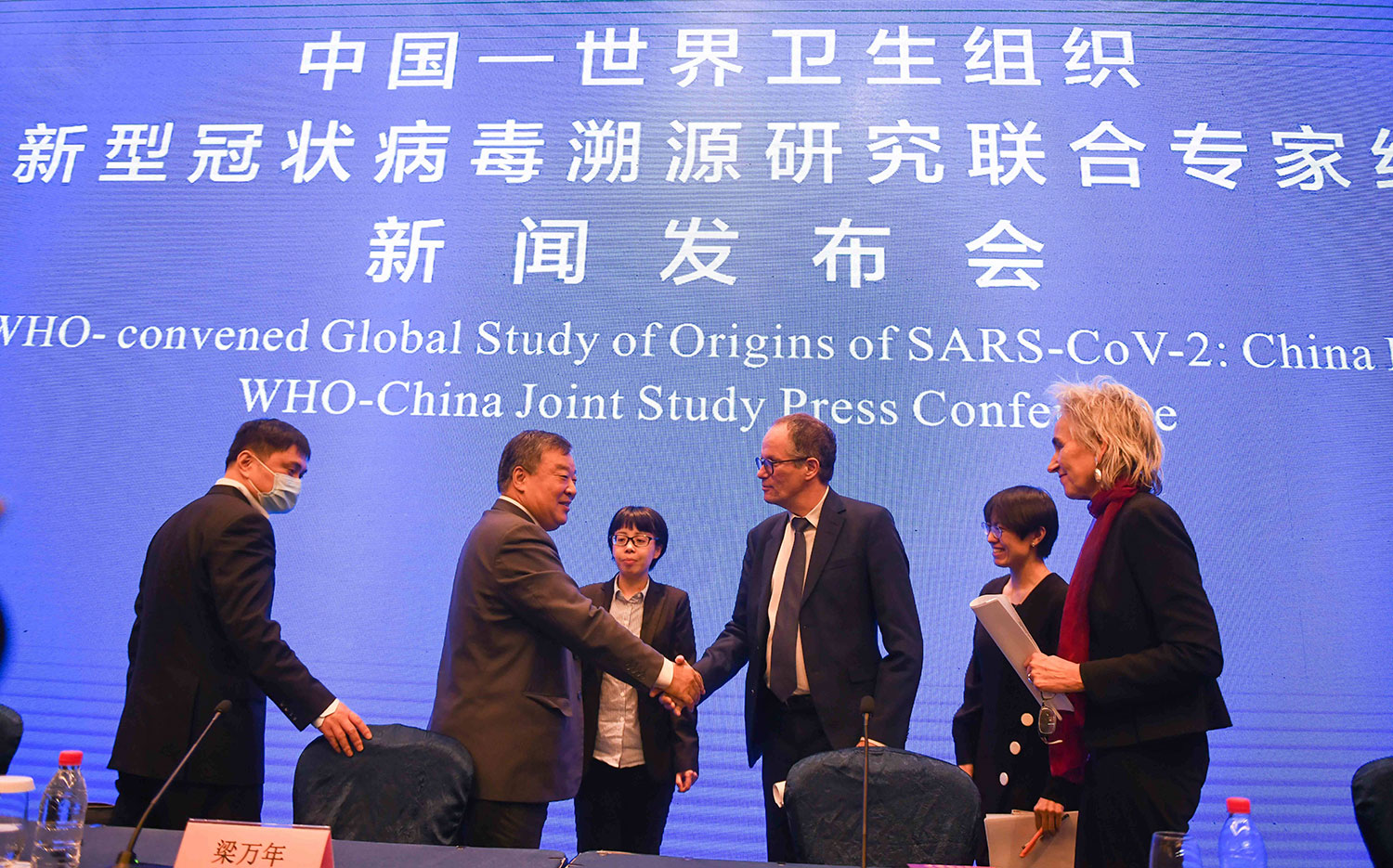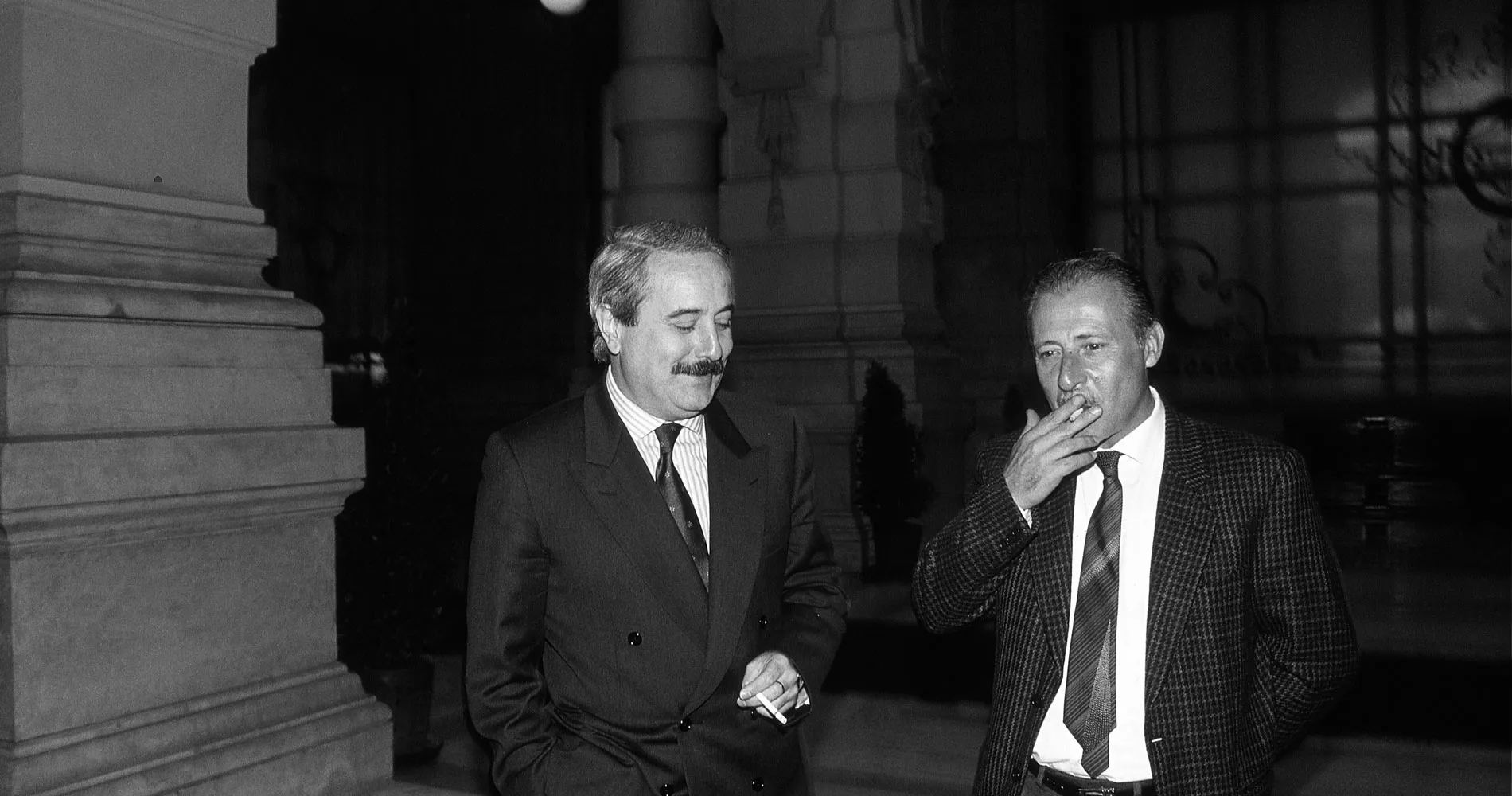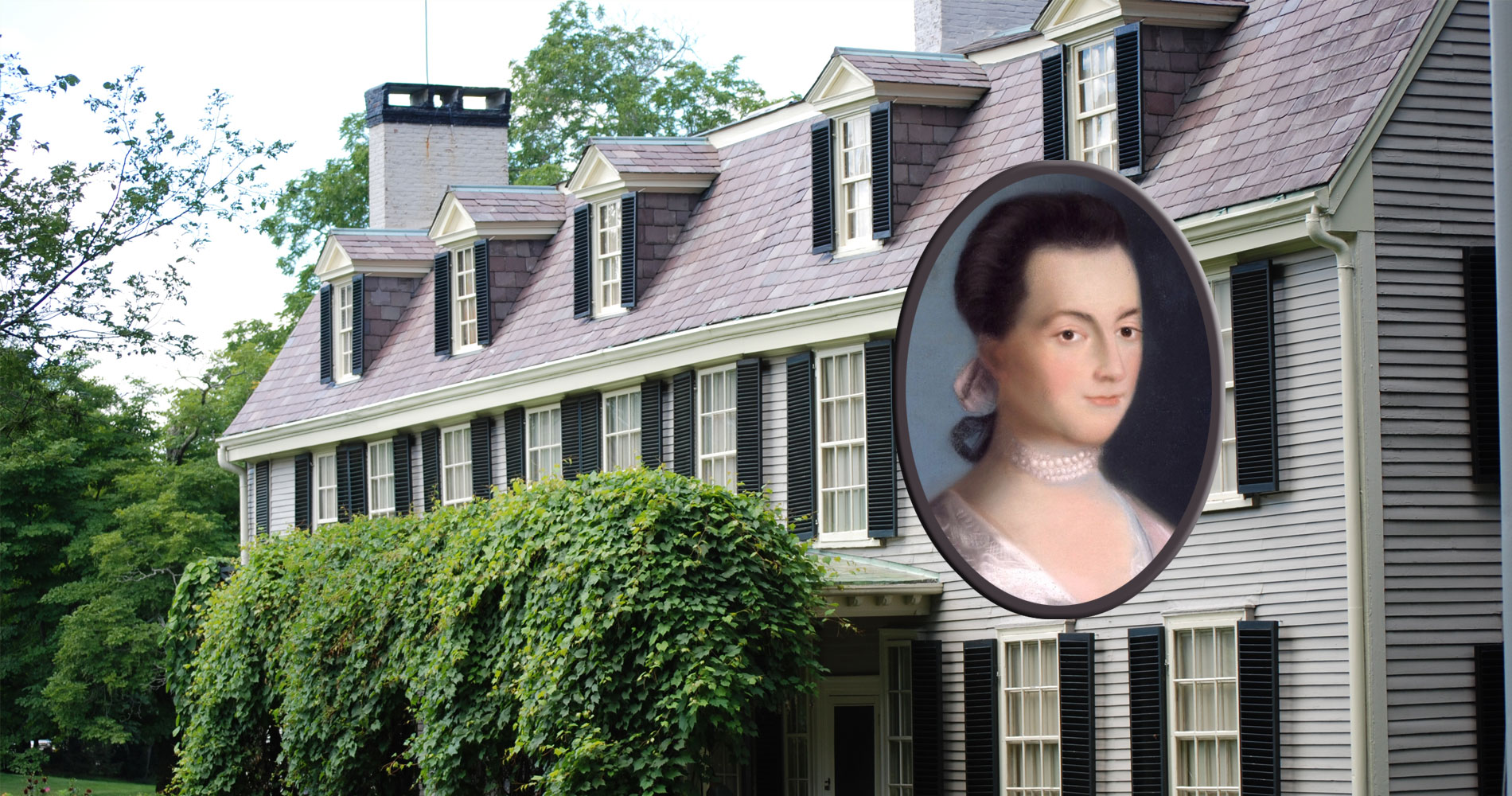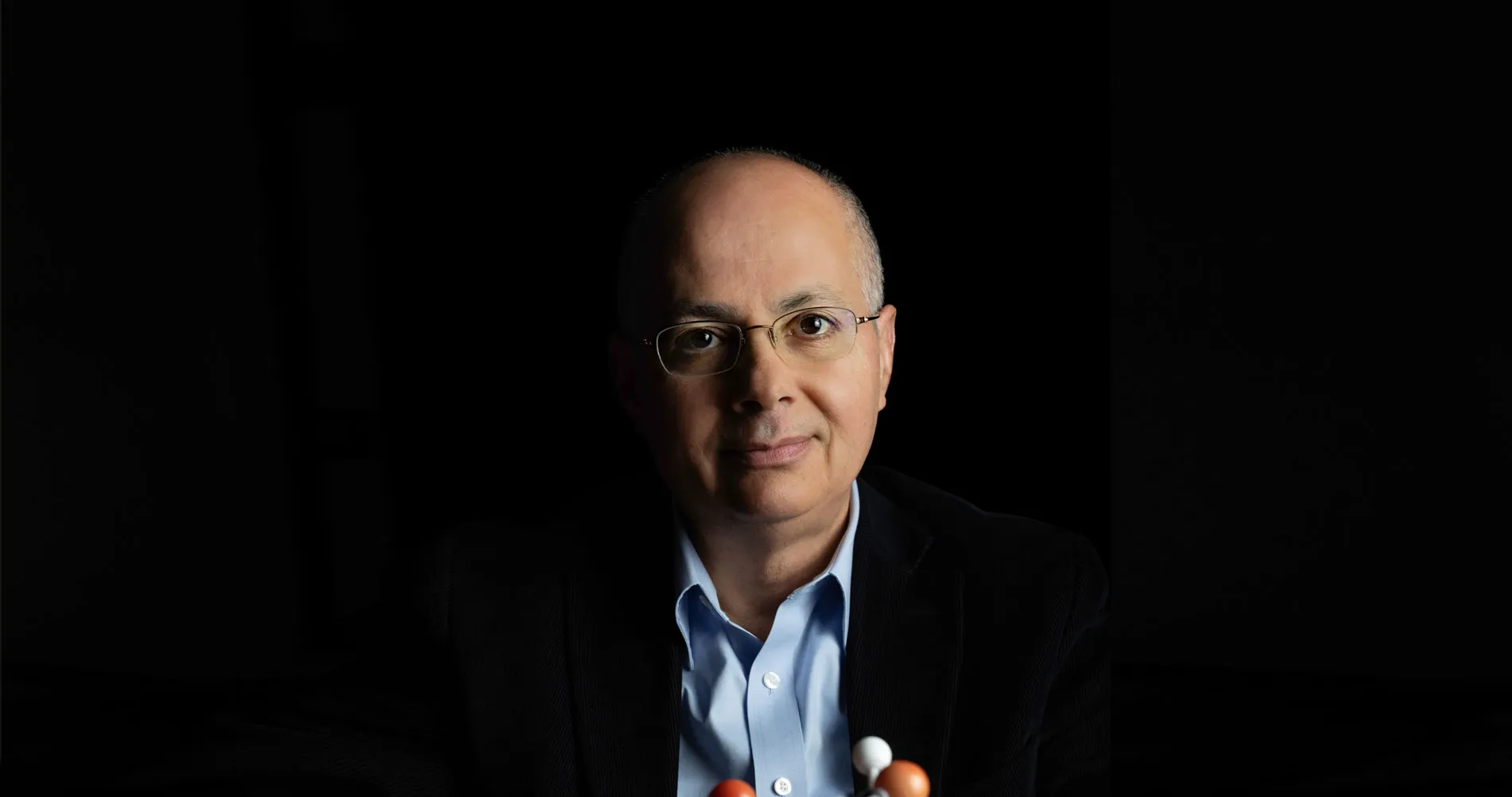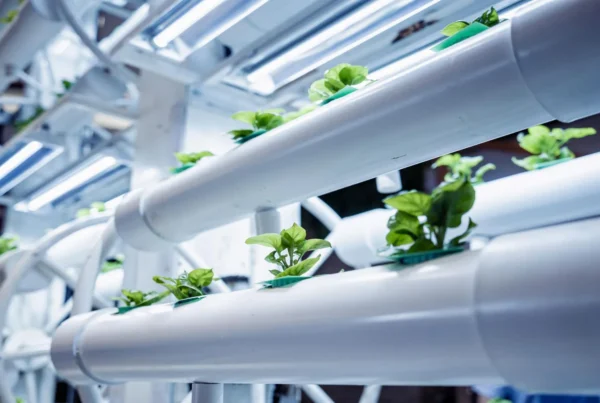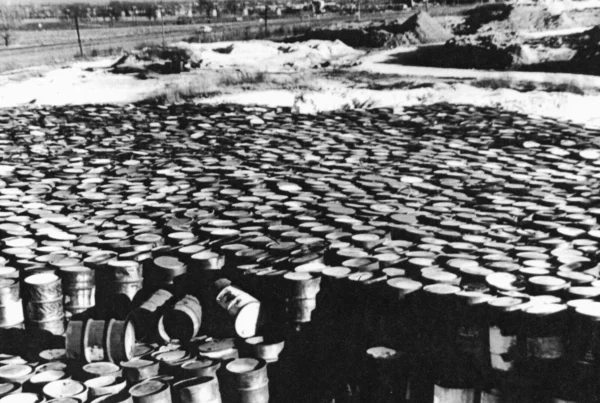In the face of the new Omicron variant, the question of vaccine inequity between rich and poor countries has risen to the top of the global agenda. Africa needs a new approach for the long run. Should it look East or pursue self-reliance?
Michael Asiedu, 4 December 2021
African leaders used the UN General Assembly platform to call for vaccine equity, as only under 10 percent of the continent’s population had been fully vaccinated according to the World Health Organization. Meanwhile, boosters are being administered in many western countries.
President Cyril Ramaphosa of South Africa, President Paul Kagame of Rwanda, Director-General of the World Trade Organization Ngozi Okojo-Iweala, and Director of Africa Center for Disease Control Dr. John Nkengasong have all called for vaccine equity. Many op-eds also draw attention to the dire vaccine situation. In Africa, the terms “vaccine nationalism” and “vaccine apartheid” have become key features in conversations.
For instance, regarding vaccine purchases, it took a while for African countries to begin receiving supplies from the West even though finance ministries in various African countries had earmarked portions of their budgets for vaccines. It remains a puzzle as to why African countries have been at the back of the vaccine purchase queue. The long-term solution will be for Africa to become self-reliant and create its own regional manufacturing hubs, but in the interim some African countries have looked East for vaccines.
Consider two interesting cases of African countries with high vaccination rates: Seychelles and Morocco. Seychelles has vaccinated about 73 percent of its population and Morocco 65 percent. With Seychelles, 57 percent of its Covid-19 vaccines were China’s Sinopharm donated by the United Arab Emirates. Sinopharm is also among Morocco’s most used vaccines at about 27 percent. Russia’s Sputnik V and Serum Institute of India’s Covidshield based on Oxford/AstraZeneca are also approved vaccines being used.
The use of vaccines from the East is not surprising given global geopolitics and China’s ascendancy. While BioNTech Pfizer and Moderna are some of the least used vaccines in Africa, China’s vaccines lead with nearly 200 million doses delivered to about 46 countries, President Xi in a recent announcement further mentioned China’s goal is to deliver a billion vaccines to Africa. These developments have led U.S. lawmakers to accuse China of using vaccines to curry favor with developing countries, but the crux of vaccine politics so far is that Africa sought vaccines from the West but supply has been under par at best. This is a sad development given that the WHO entreated countries to vaccinate at least 10 percent of their populations by the end of September 2021 against Covid-19.
Over 50 countries have missed this target, and this is not in the least surprising: countries such as Afghanistan, Myanmar, Iraq, and Syria have all been trapped in some form of conflict. Natural disasters have also complicated the rollout of vaccines for countries like Haiti, which has inoculated 0.6 percent of its population against Covid-19.
While these countries and a few others have fallen short, Africa statistically missed the 10 percent vaccination target. This is in stark contrast to rich western countries such as the U.K. where nearly 66 percent of its population has been vaccinated or the U.S. where 58 percent have been vaccinated. The figure for the EU is even higher with a 69 percent vaccination rate.
The unfortunate reality with regard to Africa stems from many factors including its overreliance on vaccine imports, inadequate investment targeted towards vaccine manufacturing and, of course, the unfair global governance regarding vaccines.
Covid-19 could have hit Africa much harder, considering Africa’s traditional open markets and its commercial transport systems, “tro-tro” in Ghana, “matatu” in Kenya, etc. These informal components of the continent’s economy meant that even partial lockdowns hit hard the hawkers, vendors, market women and people at the bottom of the wealth pyramid.
According to the WHO it took 98 days for Africa to reach 100 000 Covid-19 cases, but only 18 days for the figure to double. Whereas Africa for a long time seemed to be less affected by the virus, the new Omicron variant which has recently been reported in South Africa has made the question of finding a new approach to vaccine rollout for Africa even more pressing. The lesson with the Covid vaccine supply chain and its governance in general is clear: in the long run Africa must look out for itself while aiming for equitable global health governance.
The continent is heavily reliant on vaccine imports, producing a paltry one percent of vaccines it administers. Aside from being sidelined in calls for vaccine equity, supply-chain disruptions during the peak of the pandemic demonstrated how risky this reliance on critical medical supplies are for Africa. Africa has received most of its Covid-19 vaccines from multilateral and bilateral agreements such as COVAX. But this cannot be Africa’s long-term solution. The continent is currently home to only four local vaccine manufacturers.
Africa needs its own vaccine hubs. Rather than individual African countries pursuing their own vaccine agendas, a well thought out regional vaccine manufacturing hub initiative could be the goal. Targeted investments in infrastructure or regional vaccine hubs would accommodate burden-sharing in terms of costs, resources and expertise. For instance, a west African vaccine hub could be situated in an agreed city in the region. Similarly, other regional communities, in east Africa, southern Africa, etc. all could have vaccine hubs in agreed regional cities. A move that follows this structure would also be in line with African Union’s pan-African spirit. Joint initiatives with foreign pharmaceutical companies addressing the needs of Africa could also be explored as a matter of urgency, especially with the WHO labelling Omicron or B.1.1.529 as a variant of concern.


